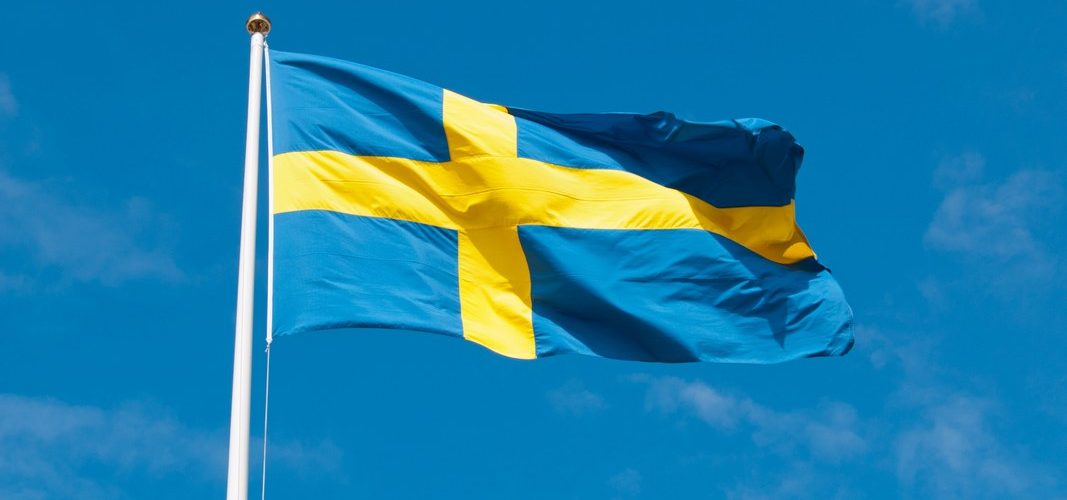- Transfer of assets in a business transfer is not considered a delivery of goods or provision of services
- Conditions for the transfer to not be considered a delivery of goods or provision of services:
- VAT should be charged on the transfer of assets according to other rules
- VAT is partially or not deductible for the recipient of the assets
- Application of the provision would distort competition or involve tax evasion
- The new stance replaces the previous stance on mixed business transfers for VAT
- The new stance is based on the new VAT law effective from July 1, 2023
- The new stance does not change the assessment in most cases
- The VAT law has different terminology and structure compared to the previous law
- Skatteverket has reviewed its interpretation of the law due to these changes
- Business transfer does not constitute a delivery of goods or provision of services if VAT would be deductible for the recipient
- Member states can take measures to prevent distortion of competition in case the recipient is not fully taxable
- Measures can also be taken to prevent tax evasion and avoidance through the transfer of assets.
Source: www4.skatteverket.se
Note that this post was (partially) written with the help of AI. It is always useful to review the original source material, and where needed to obtain (local) advice from a specialist.
Latest Posts in "Sweden"
- Swedish Proposal Grants Skatteverket Online Access to Company Records for Audits Starting April 2026
- Withdrawal of VAT Statement on Market and Fairground Amusements Effective January 15, 2026
- VAT on Temporary Letting of Tenant-Owned Apartments: Updated Guidance and Withdrawal of Previous Statement
- Discontinuation of VAT Statement on Granting Tenant-Ownership for Holiday Accommodation from January 12, 2026
- Swedish Court Ruling Narrows VAT-Neutral Business Transfers, Impacting Corporate Restructurings















